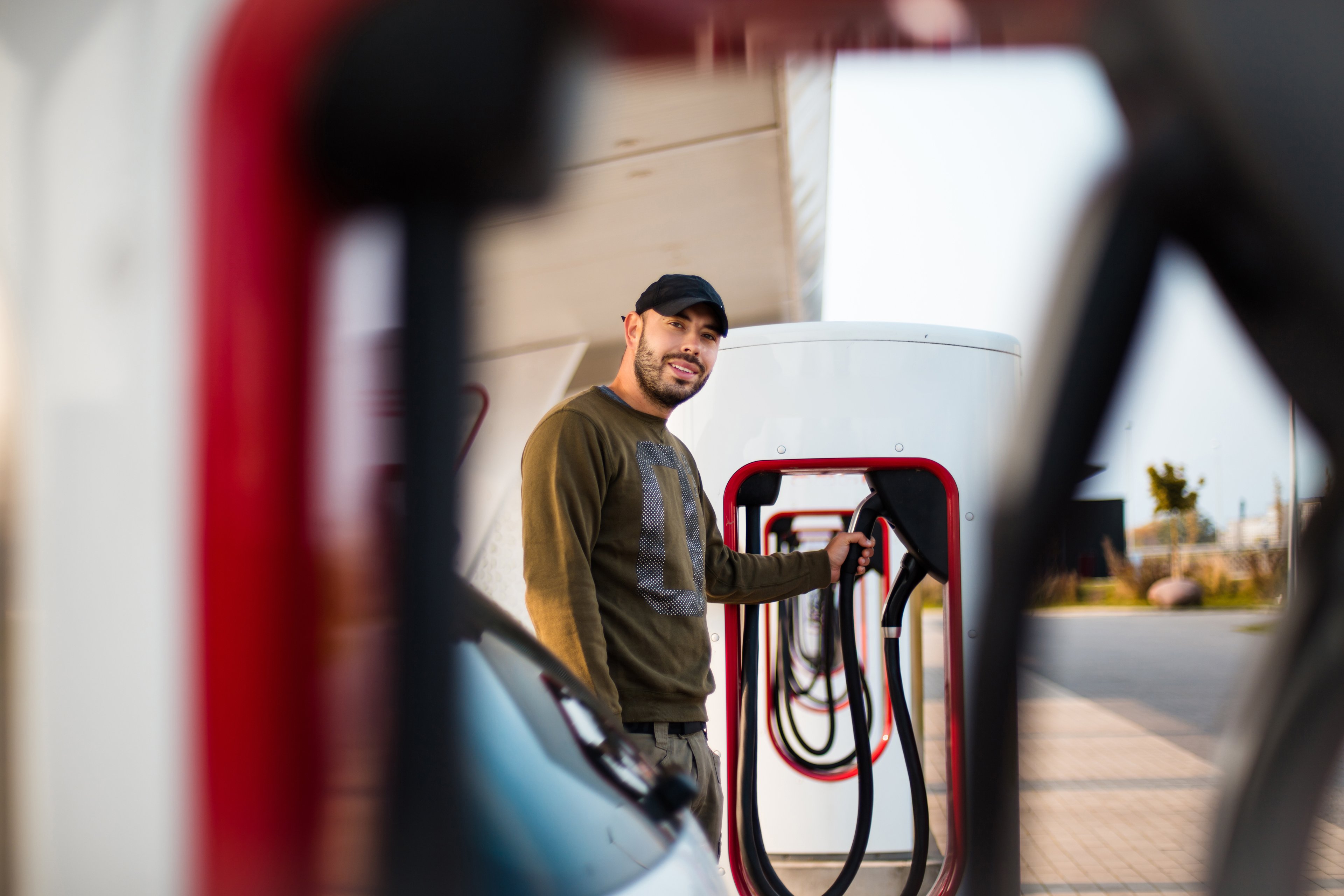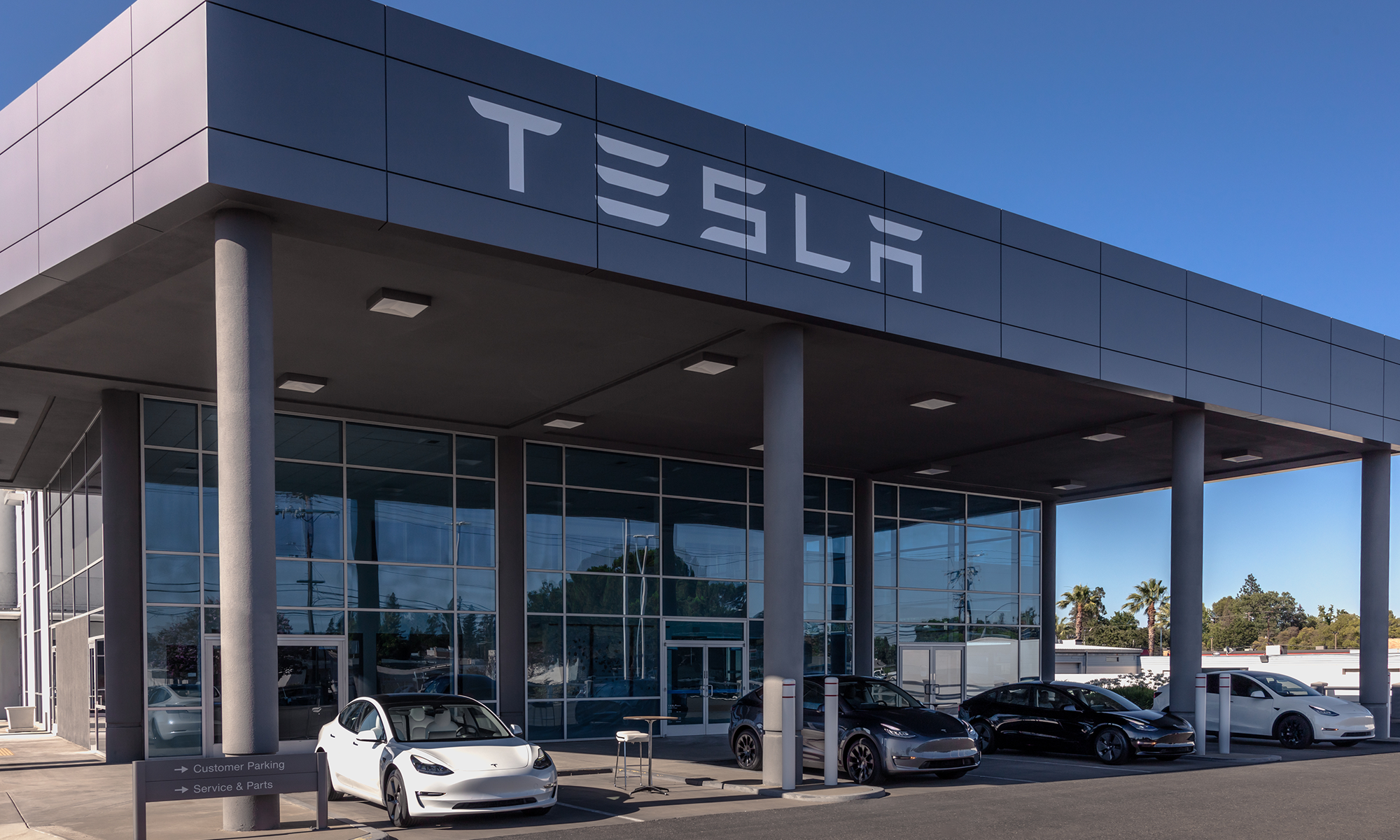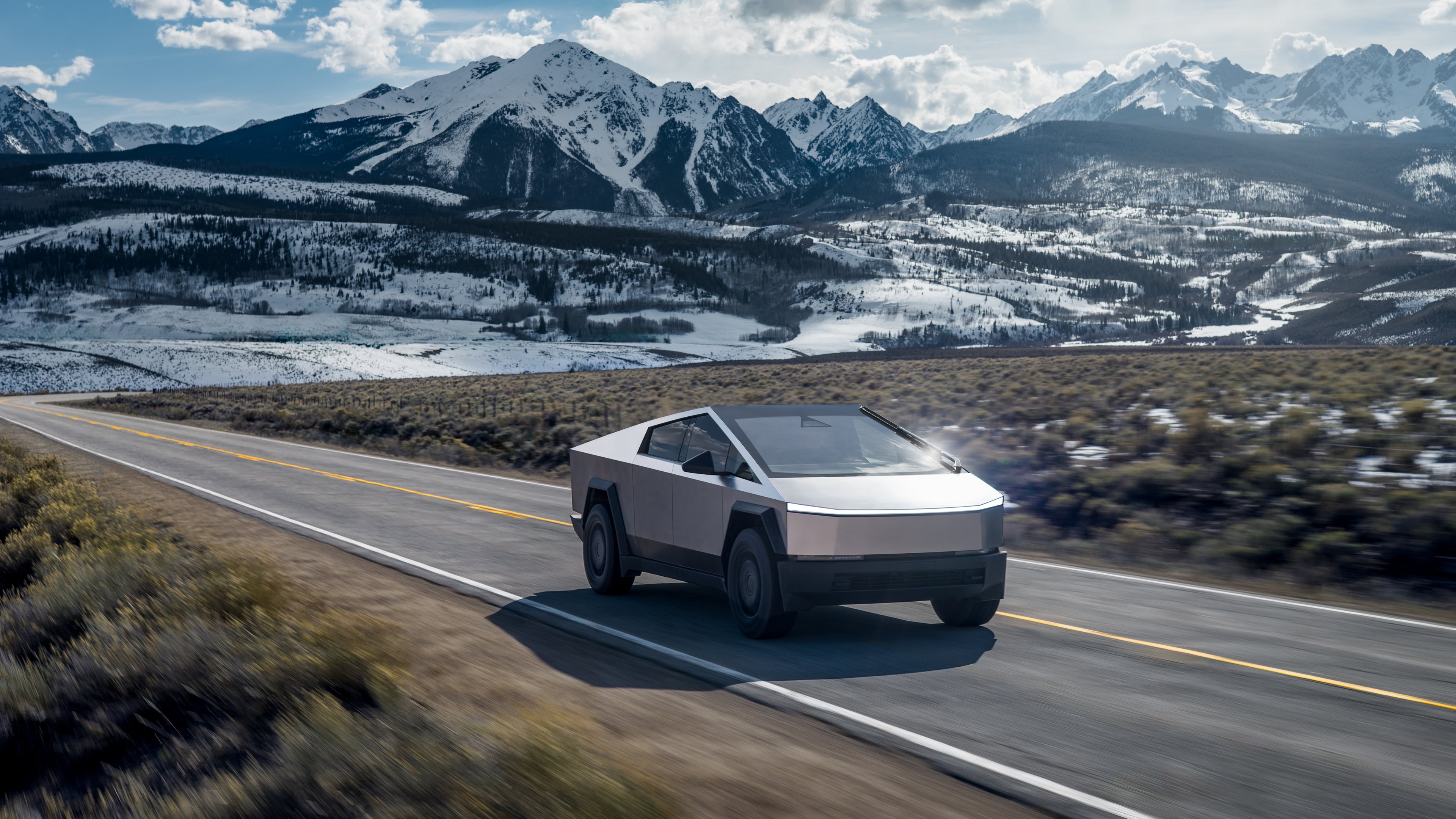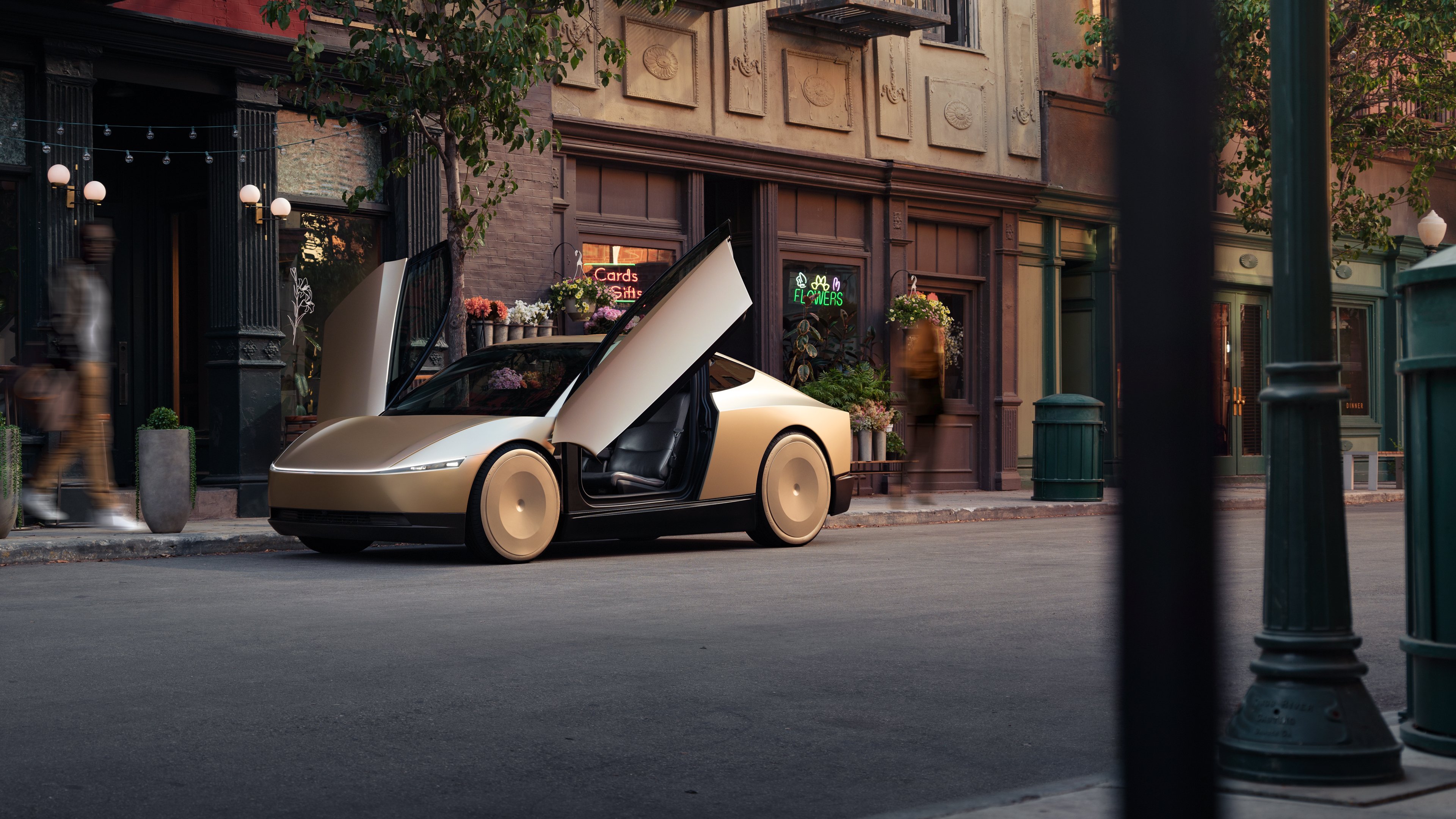Start up electric-car maker Tesla Motors (TSLA 0.16%) has come a long way since the start of 2012. The Silicon Valley-based company kicked off this year as one of the most shorted U.S. stocks on the market. However, Tesla has since passed many milestones, including an early delivery of its Model S sedan, the U.S. launch of its "Supercharger" network, and perhaps most notably, being crowned by Motor Trend the "2013 Car of the Year."
Tesla's Model S may be an electric car that even the most discerning driver would be proud to own. But, as we head into the new year, Tesla is testing the limits of its newfound recognition. And by testing I mean pushing. The company has announced a price increase on its Model S car at the start of 2013.
A new price for a new year
On the company's website, George Blankenship, Tesla's vice president of worldwide sales, explains the price hike as standard practice in the auto industry. The problem with this is that Tesla isn't a standard auto company.
Tesla doesn't enjoy the same economies of scale as established automakers, such as Ford (F 1.52%) and General Motors (GM 0.11%). Also, electric vehicle production is a small portion of overall revenue for these companies, whereas Tesla's only hope is strong demand for its EVs. By raising prices on its all-electric cars Tesla runs the risk of diluting demand.
As it stands, Tesla customers that reserve a Model S sedan starting on Jan. 1, 2013, will automatically opt into new pricing -- an additional $2,500 added to the base price of each model. According to Tesla, the price hike won't apply to anyone holding a reservation on or before the Dec. 31 deadline. A breakdown of these changes is listed in the chart below.

Source: Tesla Motors
To be fair, Tesla is only increasing the price at half the rate of inflation since going public more than three years ago with a sticker price of $57,400. Blankenship emphasized the fairness of this change by explaining: "General inflation (CPI) has gone up 8.75%. A straight 8.75% CPI increase would now yield a base price for Model S of $62,400, an increase of $5,000."
By this logic the Model S price hike seems reasonable. Moreover, there's a good chance that less price-conscious consumers won't even notice. When I spoke with Tesla product specialists at the company's D.C. location they summed up the changes as a response to overwhelming demand for the cars. This also makes sense considering the Model S has won nearly every automotive accolade possible this year including the academy award of autos, the Motor Trend "Car of the Year." This achievement marked the first time in its 64-year history that Motor Trend has awarded the honor to an electric vehicle -- by a unanimous vote, nonetheless.
The importance of transparency
However, even with a superior product it's never easy forcing price hikes on consumers. Companies from all walks of industry have suffered after attempting such feats. Consider Netflix: The video company managed to lose hundreds of thousands of subscribers after announcing changes to its baseline pricing.
The hate mail also poured in, with more than 12,000 commenters shouting their disappointment about the company's greed. Seemingly overnight, shares of Netflix plunged from $300 apiece to around $63. The damage was done.
Fortunately for Tesla shareholders the public's reaction to its new pricing plan has been overwhelmingly positive. On the company's official website commenters responded by thanking Tesla for the "heads-up and transparency." This is how Tesla has handled every challenge it's faced thus far... with clear, straightforward reasoning and communication -- further proof that Tesla is not your average automaker.
Moral of the story
Innovative, transparent companies with superior products, such as Tesla, deserve the right to be greedy when it comes to charging a premium for their goods. And if history is any indication, consumers are willing to pay more for such products. Examples of this are everywhere -- think Apple or lululemon athletica.
These companies have fostered relationships with the consumer through transparency and reliability. As a result, they've earned in return unwavering customer loyalty. On the surface it may look like Tesla is being greedy, but under the hood it's yet another indication that Tesla has what it takes to become the greatest automaker of the 21st century.








